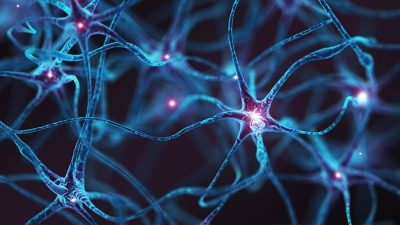Research Areas
Brain Injury, Recovery and Protection

Traumatic brain injury (TBI) is the leading cause of acquired brain damage and one of the leading causes of death and disabilities in children. Brain damage is caused not only by the initial injury to the brain, but by the gradual death of key nerve cells, which often follows the injury days or even weeks later.
The Children’s National Hospital brain injury researchers study:
- Animal models of traumatic brain injury
- Cognitive rating scales to assess young children following traumatic brain injury
- The catastrophic effects of brain injury during pregnancy and infancy
- New drugs for treating the effects of brain injury
- How specific proteins can reduce nerve cell death after brain injury>
- The development of high-quality, web-queried expression profiling databases
- The biochemical processes that kill children's nerve cells after brain injury
- The biochemical signatures that signal cell turnover in distinct regions of the fetal brain
- How hypothermic cooling may protect the brains of newborns from further damage following a hypoxic ischemic insult, or oxygen deprivation
- Improved diagnosis and treatment of mild traumatic brain injuries, or concussions
- How hypothermic cooling could protect the brains of children undergoing cardiopulmonary bypass during cardiac surgery
- Animal models of white matter creation and repair
Related News
-

Children’s National again ranked among the best in the nation by U.S. News & World Report
October 08, 2024 -

Q&A with Dr. Kuppermann: Collaboration is critical for scientific success
September 03, 2024 -

Adjusting key protein could improve brain function in children with fetal alcohol syndrome
May 16, 2024
